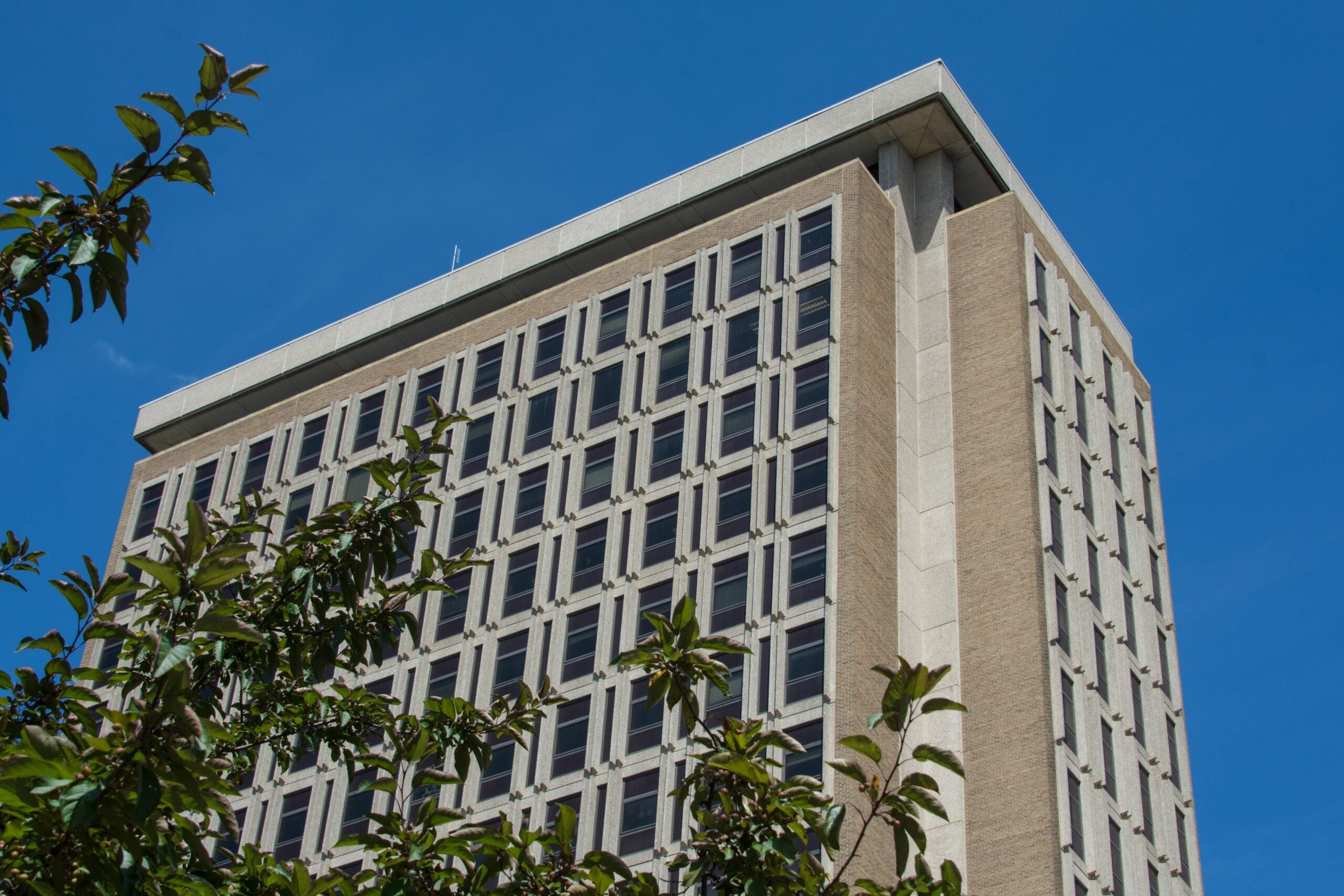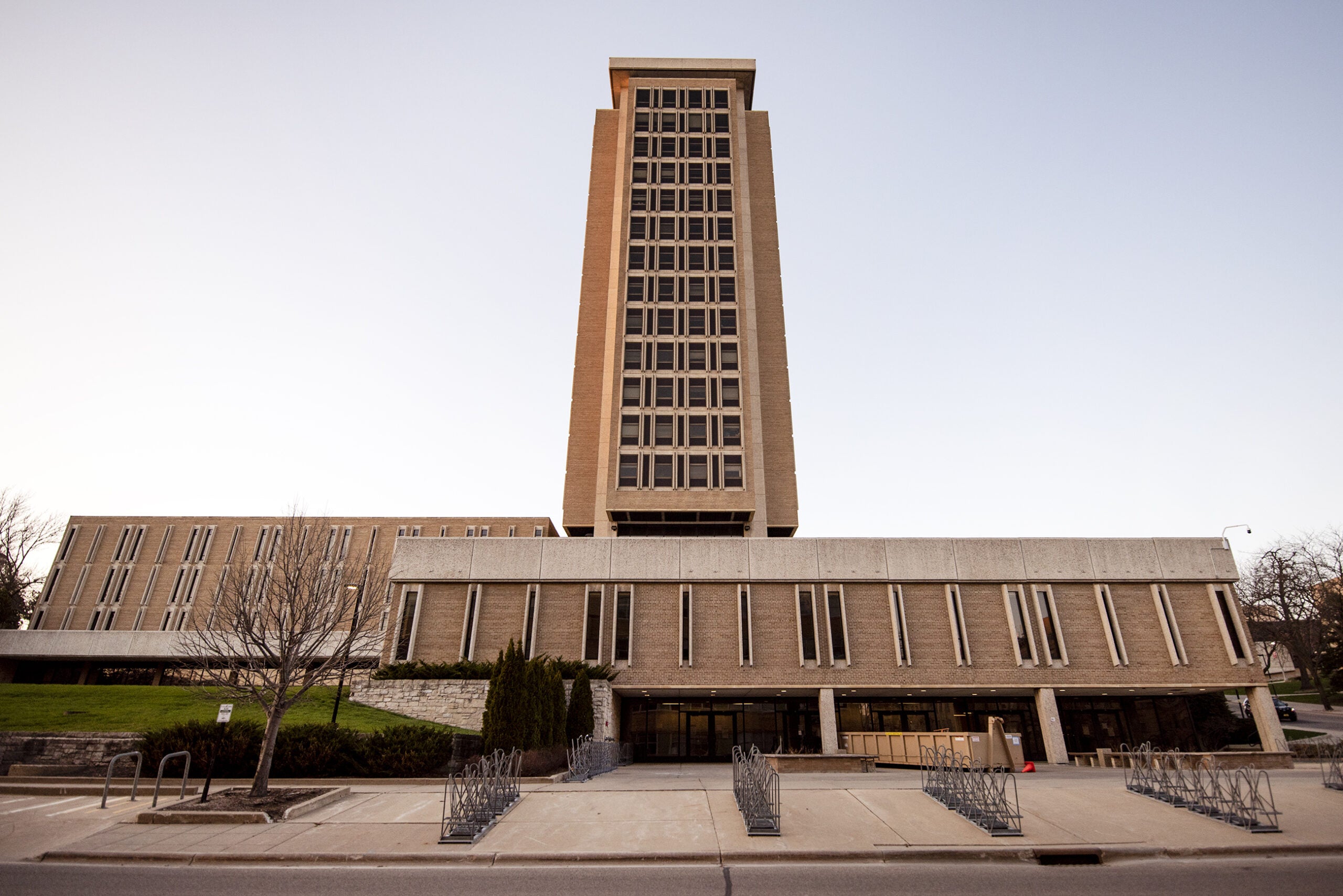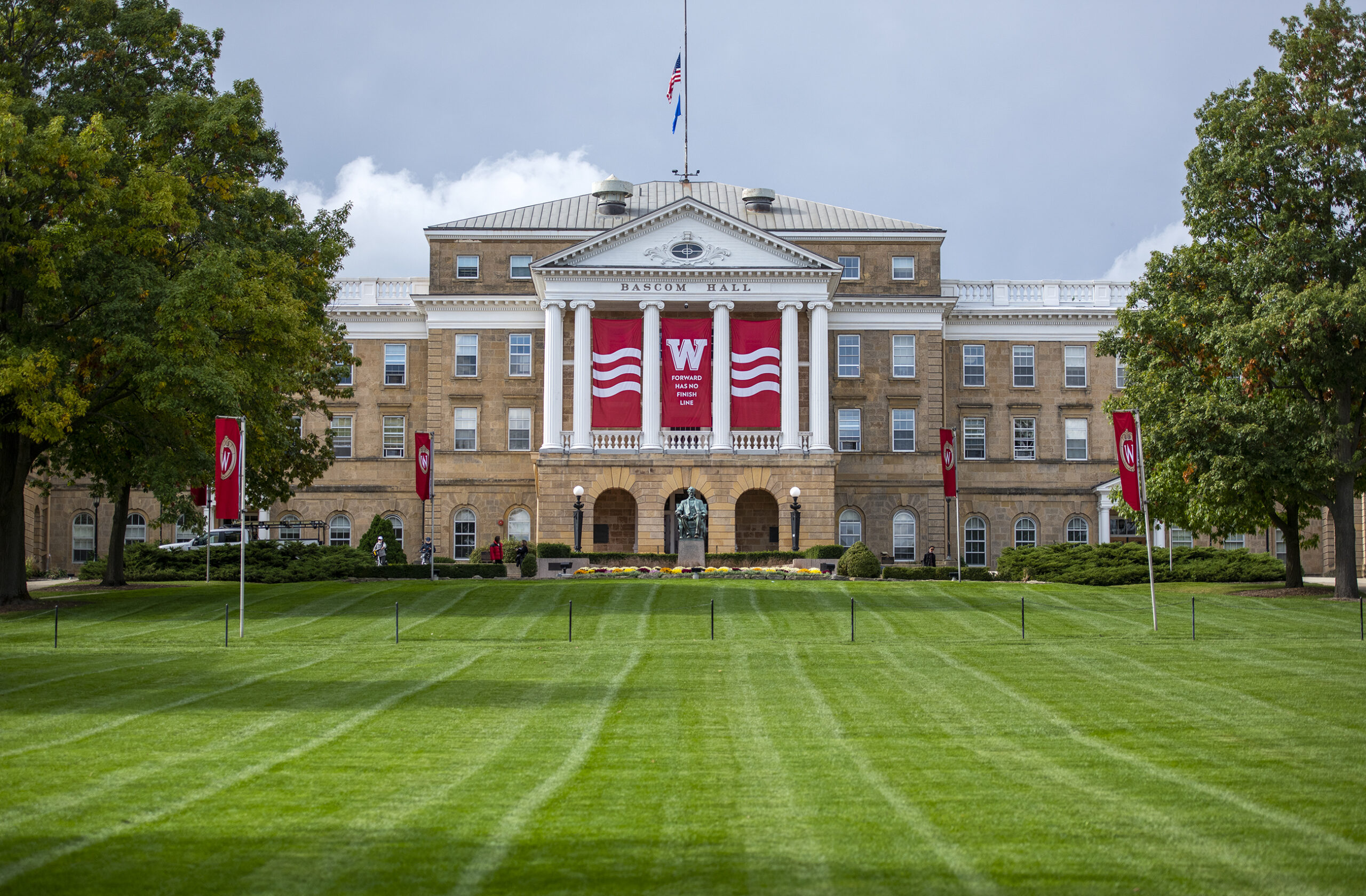Student fees would go up for every University of Wisconsin System campus under a 2019-2020 budget proposal set to be voted on by the UW Board of Regents Friday. Segregated student fees would increase by $36 dollars on average while room and board fees would increase by an average of $106 at four-year universities.
Segregated fees, which are approved by students on individual campuses, are proposed to increase at most campuses. The highest increase is at UW-Madison where students approved an additional $170 in fees to pay for an expansion of mental health services, operations at a recreational facility and retiring ongoing debt.
Associated Students of Madison chair Laura Downer told WPR the segregated fee increase is mostly driven by the construction of a new recreation center known as the Southeast Recreational Facility, or SERF. She said students voted overwhelmingly for the project in 2014.
Stay informed on the latest news
Sign up for WPR’s email newsletter.
“So, students five years ago made that decision and now that we’re getting to the process of actually building it, that’s where we’re seeing it injected into this budget and why we’re seeing large increases there,” Downer said.
Student room and board rates would also go up at most campuses under the budget proposed by the UW System. Again, the highest increase is at UW-Madison where students living on campus would pay $258 more in the 2019-20 academic year if regents approve the budget.
Downer said those are fees that students do not have the ability to vote on. She said the increase will have a real impact on students.
“I think anytime you see cost of living prices go up, it is probably not palatable to students and affordability issues and accessibility issues and we want to make sure that UW-Madison is a successful institution even for people that aren’t coming from wealthy families,” Downer said.
Room and board rates would also increase by $182 at UW-Oshkosh, $160 at UW-Parkside and $149 at UW-Platteville. Rates would stay the same at UW-River Falls and UW-Milwaukee.
State Rep. Dave Murphy, R-Greenville, chairs the Assembly Committee on Colleges and Universities. He told WPR he’s opposed to the increase in student segregated fees, especially the $170 increase at UW-Madison.
“When you look at the campuses overall, Madison has more ability overall to deal with a tuition freeze than any other campus and yet their fees are going up 13 percent,” said Murphy. “I just think that’s a ridiculously high number.”
Murphy said he’ll introduce legislation within the next week or two to limit what segregated fees can be used for. Murphy said the bill would bar segregated fees from being used on new buildings like student centers. He said that’s important because future classes of students are forced to pay fees without having a vote on the project. Also, Murphy said students may not grasp the future implications of their votes.
“I think we’re in a situation where we’re letting 18-year-olds make decisions based on how fancy the facility is and aren’t looking at or haven’t in the past been looking at what is the long term effect of this on my debt situation?” Murphy said.
But state Sen. Janet Bewley, D-Ashland, said that type of approach is akin to micromanaging campuses and students right to express themselves. She said students are aware that state support for the state’s colleges and universities has been cut and any increases have not kept pace with inflation.
“With the freeze and the lack of additional state money going to the campuses, they’re saying, ‘Alright, do something with our fees.’ And they have approved, in some cases, paying the debt service on a new facility,” said Bewley.
In total, the UW System anticipates spending nearly $6.4 billion in the 2019-20 budget year with revenues only covering around $6.3 billion.
The proposed budget spends around $33.3 million more than the prior school year. A budget document prepared by the UW System notes the 2019-20 budget is the first to incorporate a new structure where two-year branch campus budgets are included with their corresponding four-year universities. That change is related to a major restructuring of the UW System in 2017 which merged the state’s two- and four-year campuses.
The document also notes the proposed budget is the first to include UW Shared Services, which is a consolidated administrative service for UW campuses and employees. The 2019-20 school year is also the first in which the system will begin using Plan UW, a cloud-based budgeting tool used by administrators that replaces an existing system that relies on computers owned by the UW.
Regents will hear about the proposed budget during their meeting Thursday and are expected to vote on it Friday morning.
UW System spokesman Mark Pitsch told WPR neither UW System President Ray Cross or UW Board of Regents President Drew Petersen were available to comment on the budget or this story ahead of the regents meeting later this week.
Wisconsin Public Radio, © Copyright 2024, Board of Regents of the University of Wisconsin System and Wisconsin Educational Communications Board.





